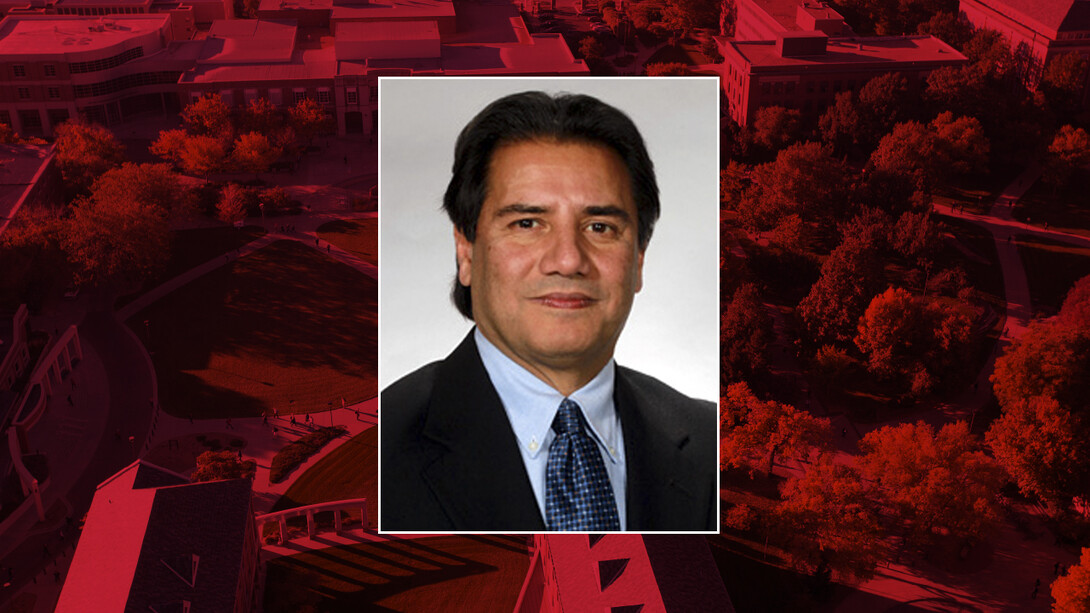
A University of Nebraska-Lincoln research team will take part in a new cybersecurity defense project facilitated by the university system’s National Strategic Research Institute.
The Nebraska team, led by Hamid Sharif, professor of electrical and computer engineering and director of the Advanced Telecommunications Engineering Laboratory at Nebraska, will join researchers from Iowa State University and the cybersecurity industry to collaborate on the defense work.
Sharif and his team will contribute to data collection and analysis of threats and vulnerabilities of Industrial Control System devices. In general, Industrial Control System devices can control operations such as opening and closing valves and breakers, collect data from sensor systems and monitor alarm conditions. The analysis includes systematic evaluations of device communications, interfaces and operational capabilities with an eye on evaluating cybersecurity risks for the devices.
NSRI, one of 13 University Affiliated Research Centers in the United States, earned the U.S. Strategic Command research contract. As a result, NSRI will connect researchers at Nebraska and ISU with U.S. Strategic Command, NSRI Executive Director Robert Hinson said, with the goal of identifying weaknesses and coming up with solutions for any infrastructure vulnerabilities, Hinson said.
The researchers in the overall project will use multiple data sources to identify threats and vulnerabilities that a well-resourced adversary could exploit to disrupt support infrastructure in commercially available cyber-physical systems supporting operations, telecommunications and information technology systems. Cyber-physical systems are made up of physical entities that are mechanism-controlled or monitored by computer-based algorithms.
“Our aim is to provide (U.S. Strategic Command) with insights into the potential security challenges inherent in today’s cyber-enabled buildings and suggest strategies and … security solutions that can reduce risk of attacks and mitigate their effects,” said James Taylor, NSRI senior research engineer who also is the project’s lead investigator. “The team we’ve put together includes information technology and cyber-physical professionals who are the best in their fields. That level of human capital puts us in a great position to provide the cyber-physical security expertise that (U.S. Strategic Command) requires.”
Sean Patrick Murphy, founder of Full Stack Data Science, a firm that helps organizations apply advanced data science and machine learning and anomaly detection to realize new value from data, will lend expertise as applied to the electric grid. Electrical and computer engineers at ISU, as well as staff at Maryland-based TeamWorx Security, also will be involved in the project.








